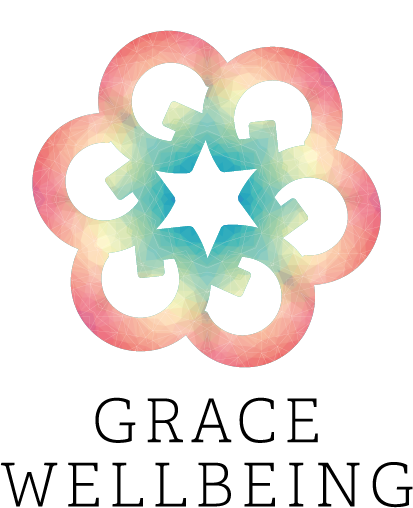I’m taking a little detour in the blog this week to put the spotlight on a woman whose famous words have been echoing round my mind for the past few weeks – Julian of Norwich.
I’ve thought writing this and put it off, then come back to it. This is not a post about the virtues a particular religion. It is about a woman who happened to live in a time where religion permeated every aspect of life.
Here in Norwich, my adopted home town, the people are modest and tend not to shout too loudly about their famous daughters and sons. I’m from ‘God’s Own County’ (Yorkshire) where we shout about whoever and whatever we can, and this Norfolk modesty has taken a bit of getting used to.
Mother Julian, was an anchorite, who lived in Norwich from 1343 until 1416. She was taken ill, possibly with the plague, when she was 30. When she hovered between life and death, she had a series of spiritual ‘revelations’. Medieval Christianity was suffused with mysticism and symbolism. Our 21st century imagination is not necessarily equipped to understand the fervour and depth of belief of our ancestors. After her visions, she took the vow of an anchorite. She isolated herself in a cell, and spoke to visitors seeking guidance through a small opening in the wall. Yes, self-isolation is nothing new.
Julian of Norwich’s Revelations of Divine Love, paint the Christian God as a kind, loving and forgiving motherly presence. Yes, you read that right, a mother. In Julian’s time this was a revolutionary way of thinking, bordering on heresy.
It seems to me that Julian of Norwich was a woman ahead of her time, in many different ways. We are living in an increasingly secular age, but her words retain power and comfort for those with faith and those with none. Which words in particular?
All shall be well, and all shall be well, and all manner of thing shall be well.
To our modern ears, it can sound trite, a head-in-the-sand attitude, ignoring the worries, perils and dangers of life. I certainly felt that way when I first came across the words. I don’t now. Julian of Norwich lived in uncertain times, episodes of plague decimated and destroyed whole families and communities, famine stalked the land, and political strife was never far away.
She lived through those times and yet, she still had love as the basis of her outlook on the world. Not damnation and peril, but love. These words come from a place of love, in the face of despair. Peace in the face of upheaval. The words embody the duality and contradiction of existence. It might be hard, horrible and painful at the moment, but at some point, it will be OK. It won’t be the same, some lives will have changed beyond recognition, but at some point, things will be just OK.
